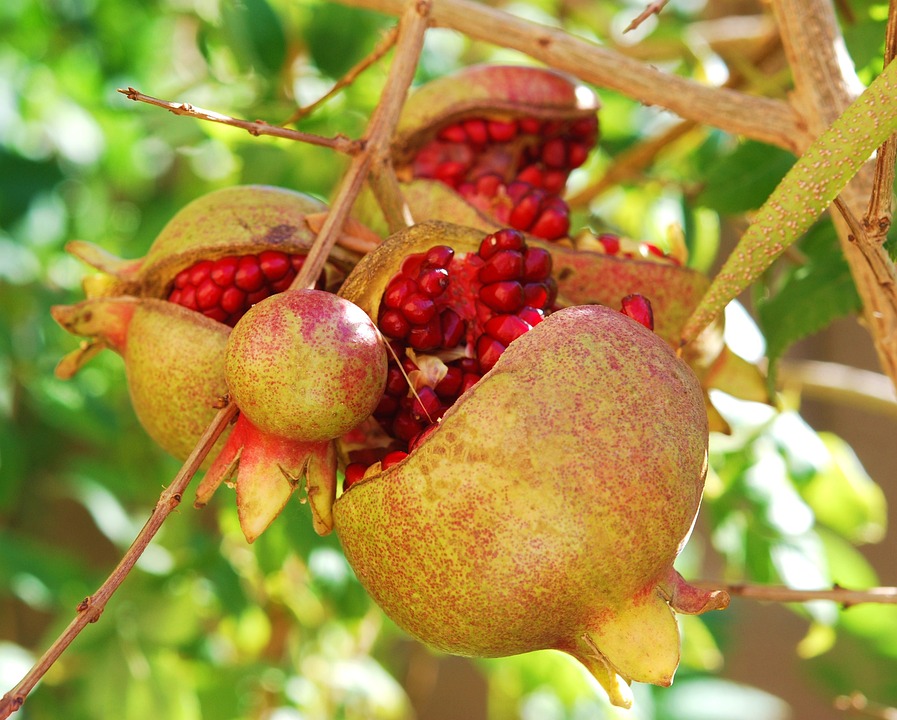The Power of Antioxidants: How They Can Help Fight Aging and Disease
[ad_1]
The Power of Antioxidants: How They Can Help Fight Aging and Disease
Introduction
Antioxidants are natural compounds found in various foods, and they play a crucial role in maintaining our health. Their ability to counter the damaging effects of free radicals has made them a popular topic of research in recent years.
In this article, we will delve into the power of antioxidants and explore how they can help fight aging and disease.
Understanding Antioxidants
Before we dive into the benefits of antioxidants, it’s essential to understand what they are. Antioxidants are molecules that neutralize or inhibit the harmful effects of free radicals, which are unstable molecules produced naturally in our bodies as byproducts of oxygen metabolism. Free radicals can damage cells, DNA, and even contribute to the development of chronic diseases, including cancer, heart disease, and neurological disorders.
The Role of Antioxidants
Antioxidants work by donating electrons to unstable free radicals, effectively stabilizing them and preventing further harm. They also help neutralize the excessive production of free radicals, reducing oxidative stress, and minimizing the risk of cellular damage.
Benefits of Antioxidants
The consumption of antioxidant-rich foods and supplements can offer numerous benefits:
- Promoting Youthful Skin: Antioxidants like vitamins A, C, and E, and compounds such as carotenoids and flavonoids help combat skin aging by protecting against the damage caused by free radicals generated through sun exposure, pollution, and other environmental factors.
- Preventing Chronic Diseases: Studies have shown that a diet rich in antioxidants can reduce the risk of developing chronic diseases, including heart disease, cancer, and neurodegenerative disorders.
- Boosting the Immune System: Antioxidants play a vital role in fortifying the immune system by protecting immune cells from oxidative damage. This, in turn, enhances the body’s ability to fight off infections and diseases.
- Reducing Inflammation: Chronic inflammation is a leading cause of many diseases. Antioxidants help reduce inflammation by suppressing the production of pro-inflammatory molecules.
- Maintaining Eye Health: Antioxidants, particularly lutein and zeaxanthin found in leafy greens and brightly colored fruits, can help protect against age-related macular degeneration and cataracts.
Conclusion
The power of antioxidants should not be underestimated. Including antioxidant-rich foods in our diets, such as fruits, vegetables, nuts, and seeds, can have a profound impact on our overall health and well-being. Antioxidants help fight against the damaging effects of free radicals, thereby reducing the risks of chronic diseases, promoting youthful skin, boosting our immune system, and maintaining optimal health.
Frequently Asked Questions (FAQs)
Q: How can I incorporate more antioxidants into my diet?
A: You can increase your antioxidant intake by consuming a wide variety of fruits and vegetables, including berries, citrus fruits, leafy greens, and cruciferous vegetables. Additionally, incorporating nuts, seeds, and legumes into your diet can also provide a good source of antioxidants.
Q: Are supplements a good alternative to obtaining antioxidants?
A: While supplements can be beneficial to fill any nutritional gaps, it is important to note that the best way to obtain antioxidants is through a varied and balanced diet. Whole foods provide not only antioxidants but also other essential nutrients that work synergistically for our well-being.
Q: Are antioxidants only beneficial for older individuals?
A: No, antioxidants are beneficial for individuals of all ages. The damaging effects of free radicals can occur at any stage of life. Including antioxidant-rich foods in your diet from an early age can provide long-term benefits and support overall health.
[ad_2]

